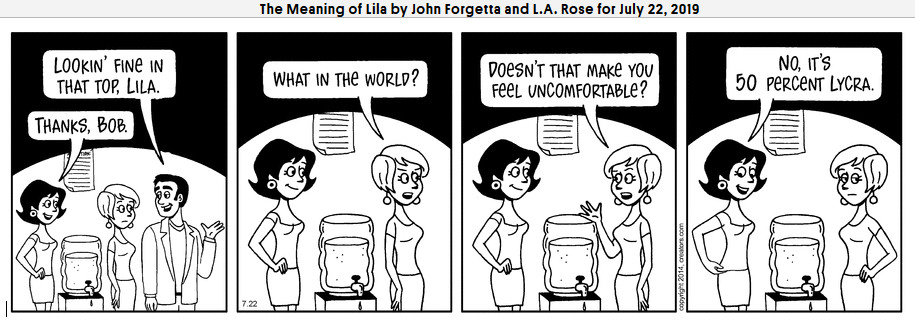I've attempted a few searches, but the terminology escapes me. Is there a simple term or phrase that defines this type of humor? I don't think it's redirected comedy but suspect the word "literal" may appear in the phrase.
Airplane - the movie:
"You better tell the captain we've got to land as soon as we can. This woman has to be gotten to a hospital."
"A hospital? What is it?"
"It's a big building with patients, but that's not important right now. Tell the captain I must speak to him."
"Excuse me sir. There's been a little problem in the cockpit."
"The cockpit? What is it?"
"It's a little room at the front of the plane, where the pilot sits but that's not important right now."
Last Man Standing Season 2 Episode 16:
Mandy (and the other women in the household are observing the new soccer coach):
"I was just an innocent native girl collecting shells in a white cotton dress that billows in every warm breeze. And then things get nasty."
Kyle enters the room unobserved by Mandy.
Vanessa: "...Kyle"
Mandy: "No, he's not there."
Shortly after that, Kyle presents Mandy with a personalized mini-license tag with her name on it, showing her one with Karl on it.
Mandy: "That says Karl." Kyle: "Yeah, but I'll know." Mandy: "Are you mad?" (Referring to her fantasy with another man) Kyle: "Sort of. I mean, Kyle's a pretty common name."
Today's Meaning of Lila comic strip

